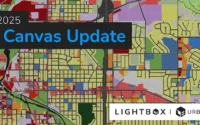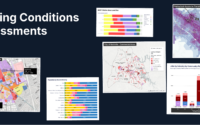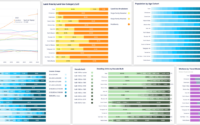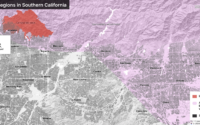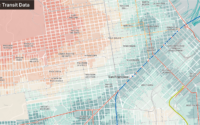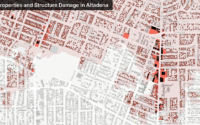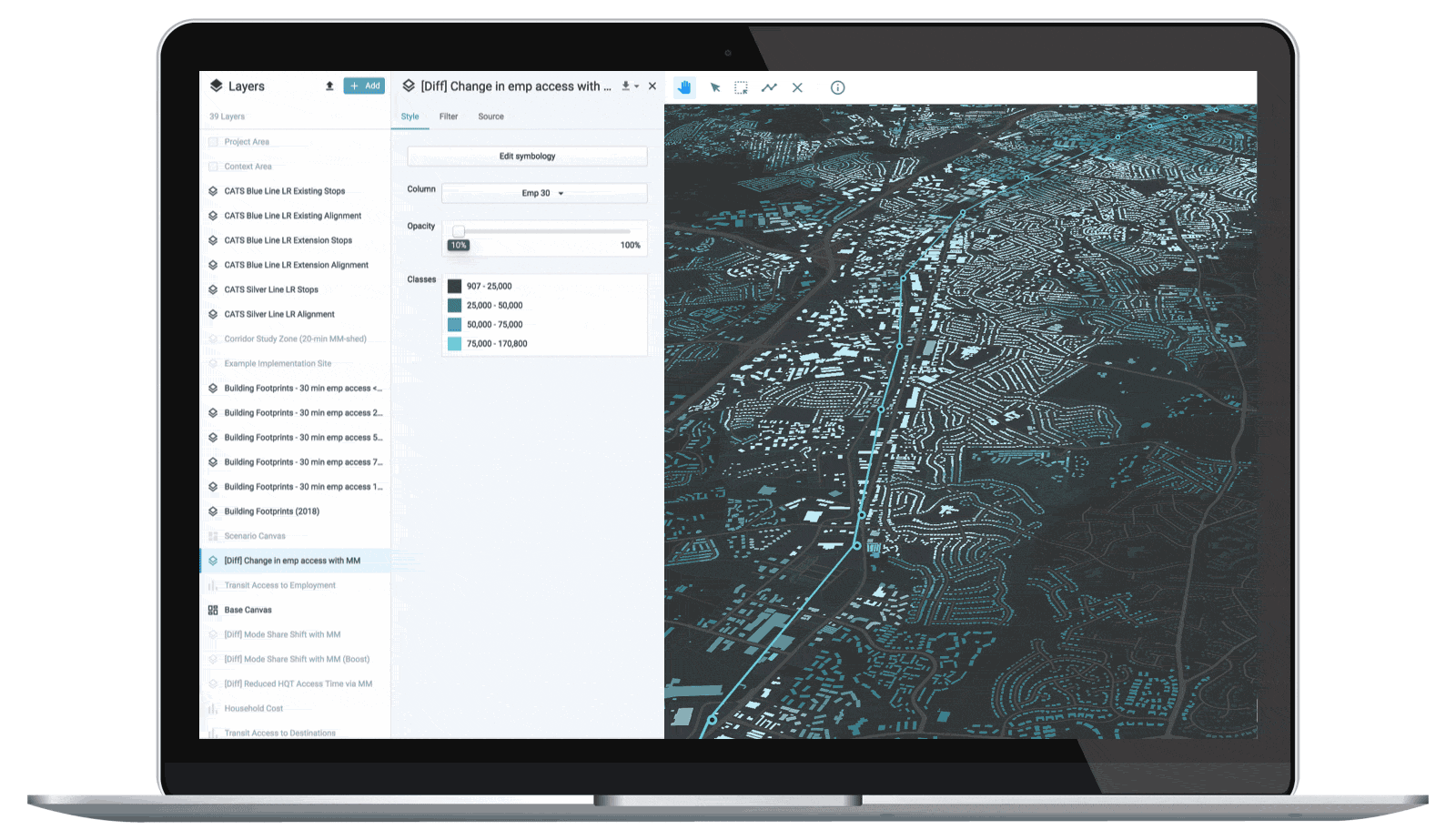
At UrbanFootprint we believe that society’s biggest problems can no longer go unaddressed. Deepening social inequities and the profound, disparate impacts of the COVID-19 crisis have laid bare the inadequacy of current systems to provide decision makers with the clear and honest information they need to drive effective and equitable decisions. UrbanFootprint’s mission is to close this gap.
That’s why we’re happy to have been named to the Inc. magazine 2021 Best in Business list, winning the gold medal in the Government Services category.
The Best In Business Awards celebrate companies that have made an extraordinary impact in their fields and on our society this year. Honorees were selected in more than 49 different industries, based on achievements over the past year and how they have made a positive difference in the world. The applicant pool was extremely competitive, with around 2,700 entries. Honorees received gold, silver, bronze, and general excellence awards across industries and categories.
UrbanFootprint was selected for its ability to help government agencies and their partners cut through the noise, enabling them to answer complex questions quickly and easily. Designed as Google Maps for the enterprise, UrbanFootprint is an urban, climate, and community resilience data platform that provides critical intelligence to the institutions that are driving urban transformation. This year, we saw a pressing need in the government sector that we were in a unique position to help address.
Addressing Humanitarian Crises — on the Homefront
Despite the U.S.’ position as the wealthiest country in the world, millions of Americans are going hungry and at risk of eviction. While these crises are partly due to the economic and social impacts of COVID-19, food insecurity and eviction risk have always been present throughout our country — pandemic or not. Rental and food assistance can make all the difference to families facing eviction or hunger, but many are unaware of aid and often missed by traditional outreach efforts.
Now, as billions of dollars of newly available funding are being funneled through all levels of government, one of the largest challenges is ensuring that aid reaches those who need it most. We’ve continued to see the slow pace and unequal of distribution of aid: as of August, about 89% of rental aid had yet to be distributed to households in need across the country and hunger rose disproportionately last year — hunger jumped by 28% for Latino families and more than one in four Black households were food insecure in 2020.
A major hurdle to overcoming food insecurity and eviction risk in the U.S. is that these aid systems are deeply fragmented, made up of a diverse set of agencies at the federal, state and local levels and community organizations and programs that are largely siloed. This results in a critical information gap on the scope and impact of relief efforts, and much of the data that is relied upon is outdated. For instance, Feeding America data is updated annually. To solve problems that affect millions of Americans daily and can quickly change based on factors like employment and income, timely data is key.
To help government agencies and their partners address the evolving crises of food insecurity, eviction, and foreclosure across the country, we launched three government focused solutions:
- Food Security Insights (FSI)
- Eviction Risk Insights (ERI)
- Foreclosure Risk Insights (FRI)
What makes these tools unique is their ability to provide detailed and targeted insights into prevalence and risk, identifying with pinpoint accuracy the households in a given community currently experiencing food insecurity or eviction — and those likely to in the near future.
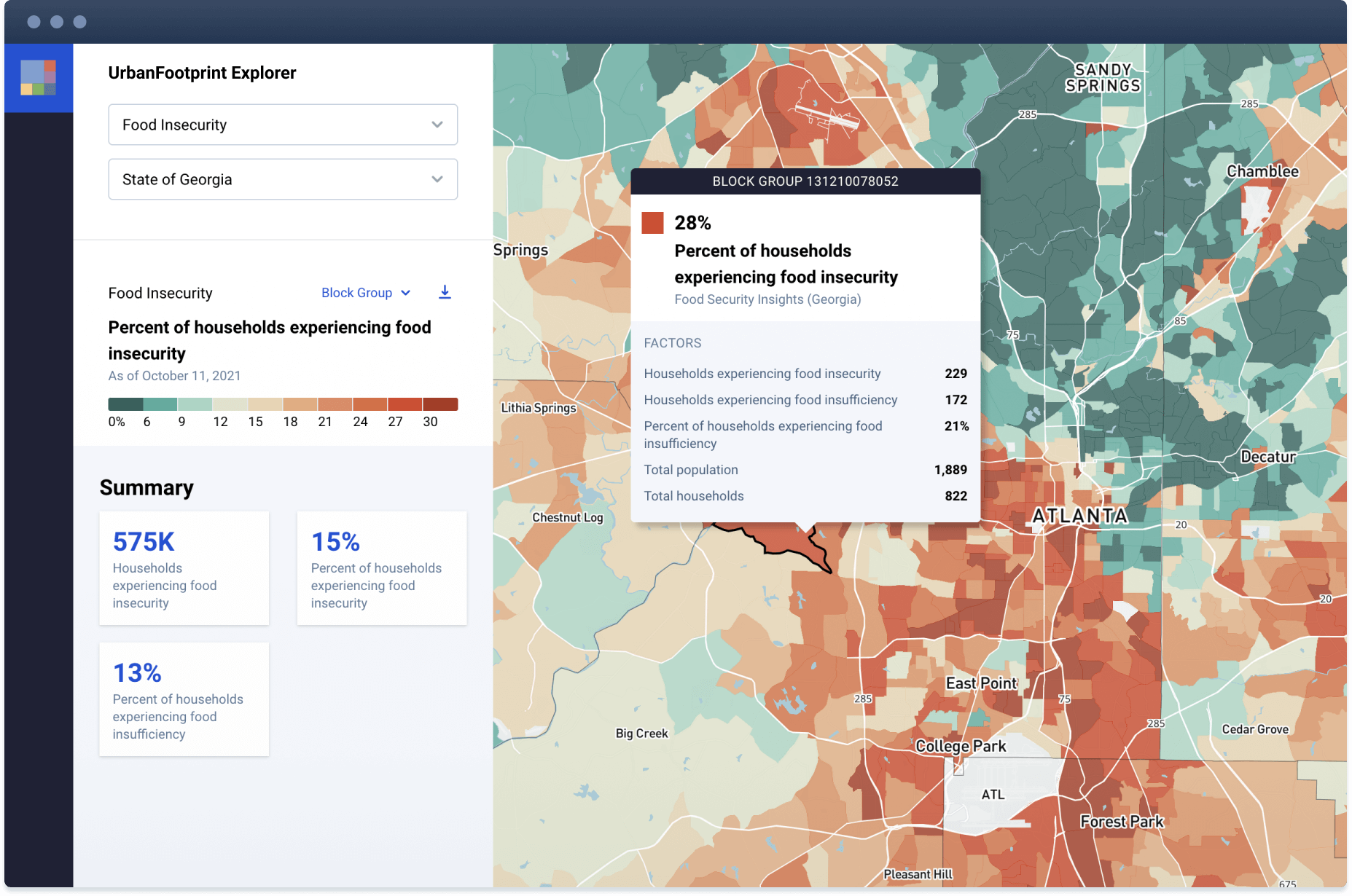
Just as similar technologies have transformed other major sectors of the global economy, our government-focused software products apply cutting-edge data science and machine learning to solve long-standing challenges in relief policy and planning. Our government solutions provide a clear picture of the most current conditions around food insecurity (FSI) and the risks of eviction (ERI) and foreclosure (FRI), helping officials and community groups close the gap between supply and demand by identifying locations that can reach the most at-risk residents, while allowing them to plan ahead by leveraging sophisticated forecasting capabilities.
Unlike existing tools that are based on static data and can only approximate conditions at the state level, our government solutions are:
- Comprehensive. Measure not only recent and current prevalence, but also critical indicators of future risk.
- Dynamic. Reflect recent fluctuations in risk, since the data predicting that risk are updated every two weeks.
- Granular. Predict that risk at the census block group level, providing greater geographic precision and allowing for better targeting.
- Gap Relevant. Can be combined with data on application rates to measure the “application gap”—the differential between applied assistance and unmet need.
A number of state agencies and their partners currently use these solutions to hyper-target door to door outreach, mailing and paid media campaigns. What’s more, state agencies can layer their own data, such as on rental assistance, SNAP applications, or HAF applications, into the information that the tools provide. Doing so empowers them to pinpoint where outreach falls short and track their programs’ overall effectiveness.
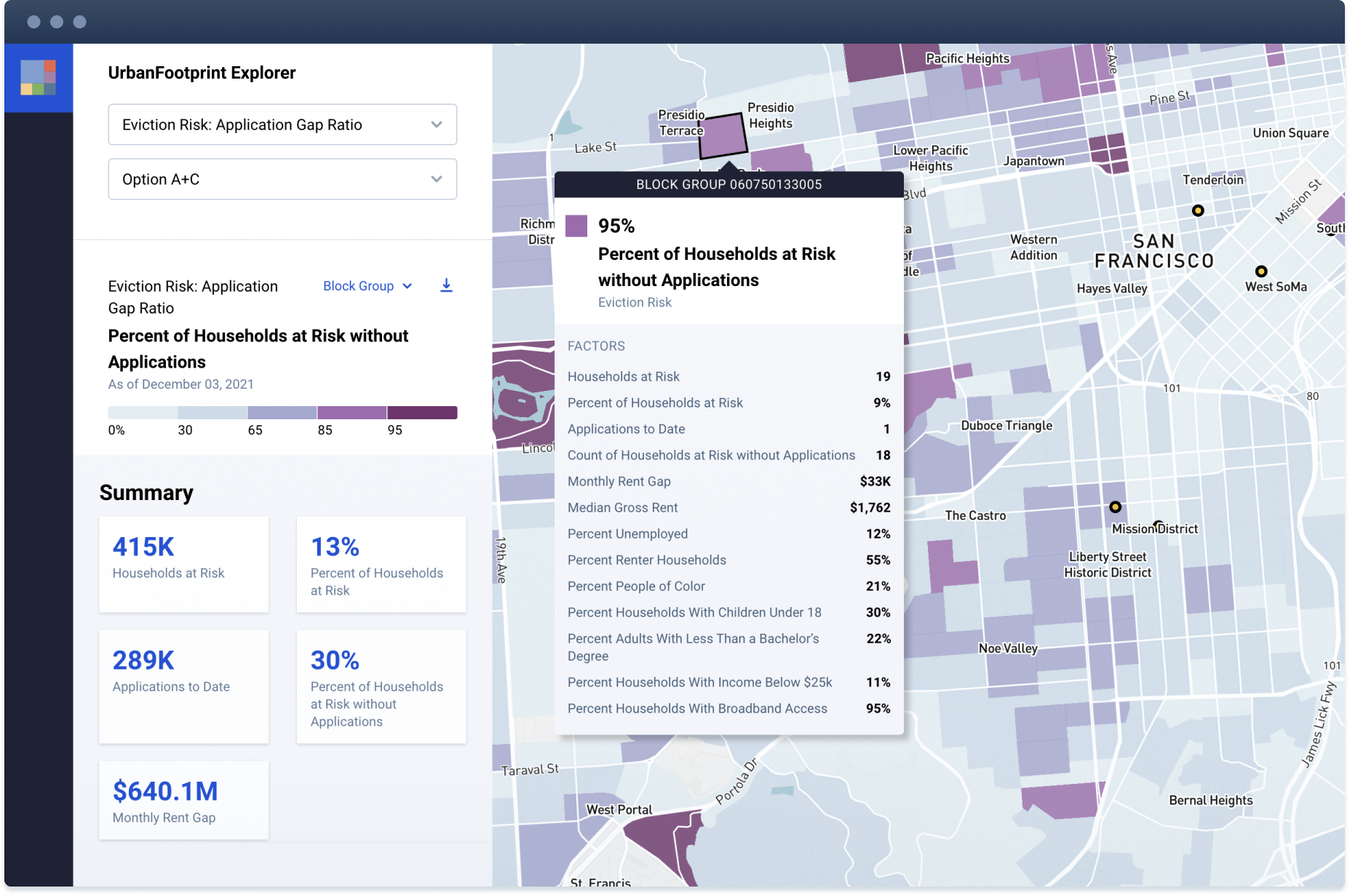
Partnering with Agencies to Drive Real-World Results Faster and More Effectively
Recently, we partnered with the Housing Initiative at Penn (HIP) on a report providing an early analysis of the performance of California’s $1.12 billion rental relief program. Using our Eviction Risk Insights, HIP and its partners have been able to develop outreach strategies to better reach those in need.
Feeding Louisiana, a state-wide food security policy, advocacy, and fundraising organization, is using our Food Security Insights to advocate for strong federal and state hunger relief programs, and to coordinate action amongst their member food banks.
The Louisiana Budget Project, a policy advocacy organization, is using FSI to help New Orleans Public Schools identify schools in high-need communities to enroll in their No Kid Hungry Meal Program.
Finally, the Louisiana Department of Children and Family Services (DCFS), the organization responsible for SNAP and other benefit programs in Louisiana, is slated to use FSI to support front-line teams and local partners to help close the ‘SNAP Gap’ — targeting their outreach to hard-to-reach communities that have low program participation rates. DCFS has also been able to more easily measure and report their progress towards achieving their strategic goals.

Empowering Data-Driven Decisions to Build a Better Future
With these tools, UrbanFootprint is helping to build lasting capacity at the state and local levels within both public and nonprofit sectors, and set a new national standard for relevant, equitable, and data-driven resource distribution and decision making.
To be recognized for this work by Inc. magazine is an honor — and one that helps to strengthen our resolve. We look forward to continued partnerships with those tackling the world’s biggest challenges, and we’ll do our best to equip them to build a more efficient, equitable, and resilient future.
